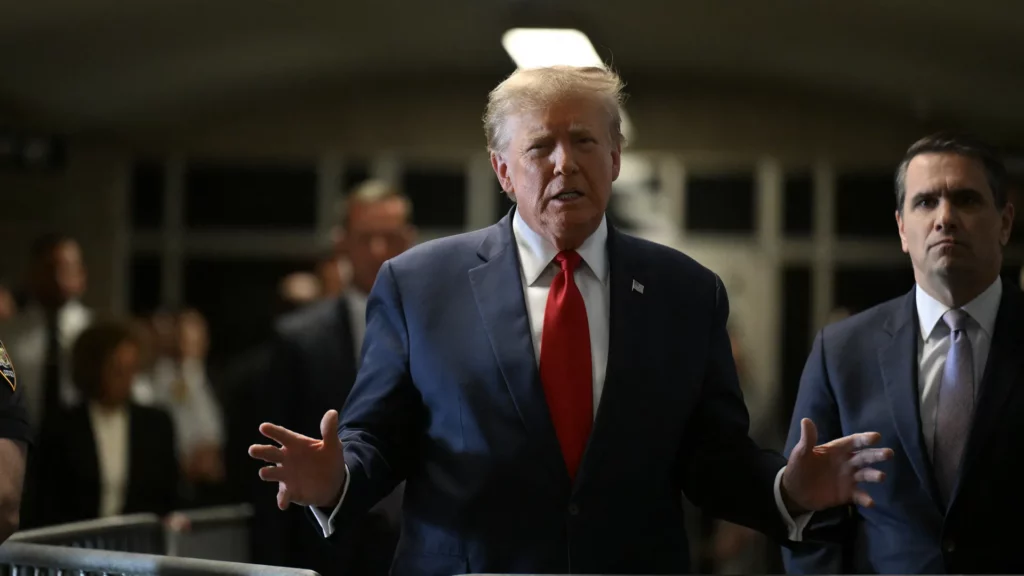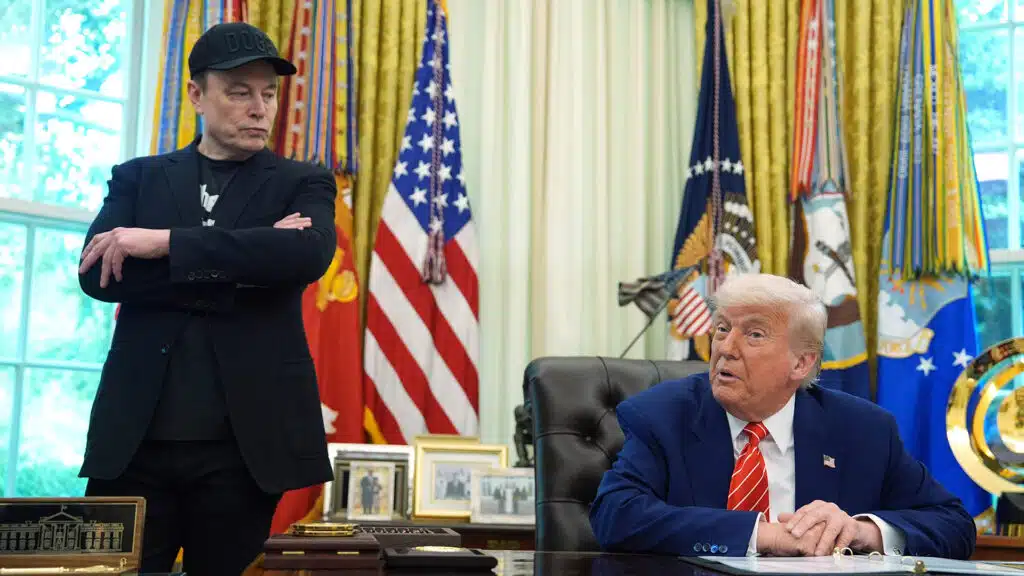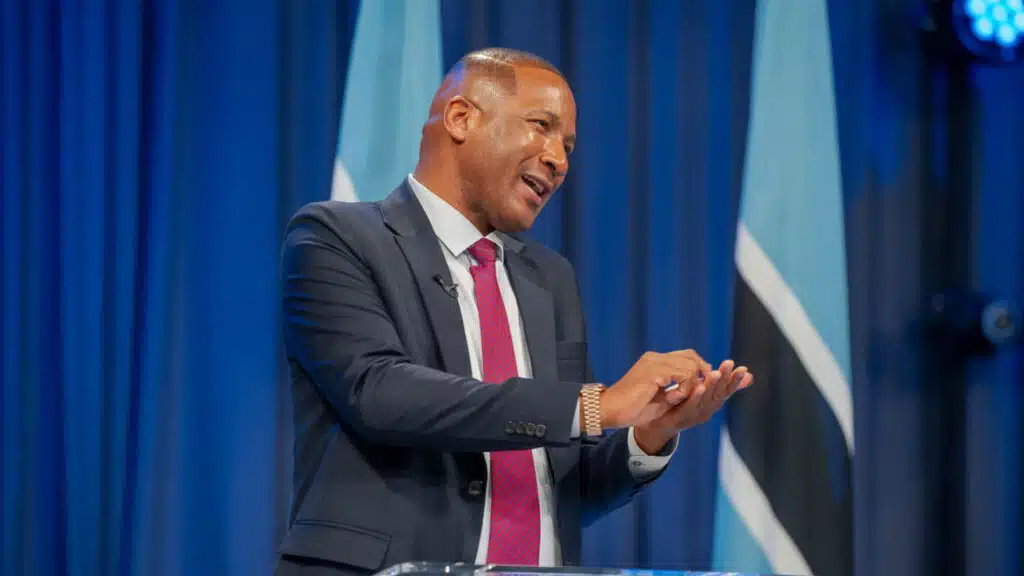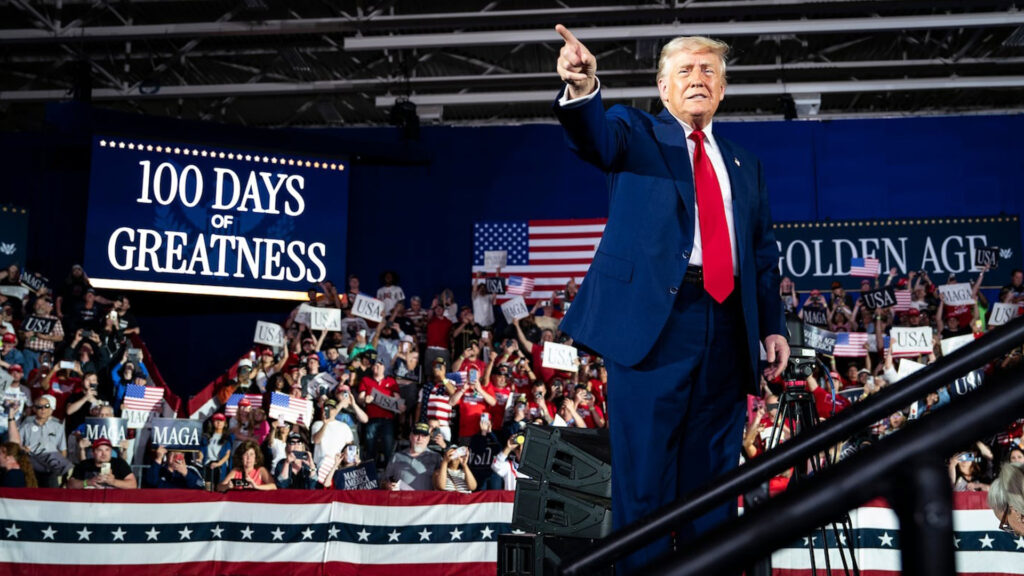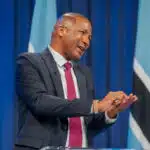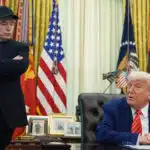Trending: Here are some Business Statistics and Trends to know
The Supreme Court on Monday delivered a ruling on presidential immunity, asserting that presidents are shielded from prosecution for “official acts.” However, it left unresolved whether former President Donald Trump’s alleged conduct related to the January 6 events falls under this protection.
The 6-3 decision is significant, though it does not provide a sweeping victory for Trump. It essentially guarantees that his case will not proceed to trial before the upcoming presidential election.
Context and Background
The trial, originally scheduled for earlier this year, has been postponed indefinitely. The court’s decision now places the responsibility on U.S. District Judge Tanya Chutkan to determine the nature of Trump’s actions as outlined in the indictment.

Majority Opinion and Implications
Chief Justice John Roberts, writing for the majority, stated that a former president is entitled to “absolute immunity from criminal prosecution for actions within his conclusive and preclusive constitutional authority.” He clarified that while former presidents have “presumptive immunity” for official acts, they have “no immunity for unofficial acts.”
Roberts emphasized that Trump is “absolutely immune” from prosecution for any conduct involving his discussions with Justice Department officials. He further noted that Trump’s alleged attempts to persuade then-Vice President Mike Pence not to certify the electoral college votes constitute “official conduct.”
However, he left it to the district court to decide whether Trump’s pressure on Pence fell outside his official duties.

Dissenting Opinion
The court’s liberal justices strongly opposed the majority’s decision. Justice Sonia Sotomayor, in her dissent, warned of the dangerous precedent being set. She argued that the ruling effectively places the president above the law, allowing them to exploit their office for personal gain and evade accountability.

Reactions and Political Ramifications
Trump celebrated the ruling, describing it as a “big win for our constitution and democracy.” He further claimed that it should end all investigations against him.
Conversely, a senior Biden campaign adviser maintained that the ruling does not alter the facts surrounding Trump’s actions on January 6. The adviser accused Trump of believing he is above the law and willing to do anything to retain power.
Broader Implications
The Supreme Court’s decision followed oral arguments in April, during which Trump’s legal team argued that ex-presidents cannot be prosecuted for crimes committed while in office.
They contended that Trump’s actions before the 2020 election were within the “outer perimeter” of his official duties. The defense warned that without blanket immunity, future presidents might be hesitant to lead decisively out of fear of post-term prosecution.
Current Legal Landscape
Trump, who was convicted on 34 felony counts in his New York hush money trial in May, has been seeking to delay his other criminal cases. If he were to win the presidency again in November, he could potentially direct the Justice Department to dismiss his federal charges.
The Supreme Court’s ruling
The Supreme Court’s ruling on presidential immunity introduces significant legal and political implications. By leaving key questions to the trial court, it ensures that debates over the scope of presidential immunity will continue.

This decision highlights the complex interplay between the judiciary and the executive branch, underscoring the importance of judicial interpretation in defining the limits of presidential power. As the legal battles unfold, the ruling will undoubtedly influence the broader discourse on executive accountability and the rule of law in the United States.
